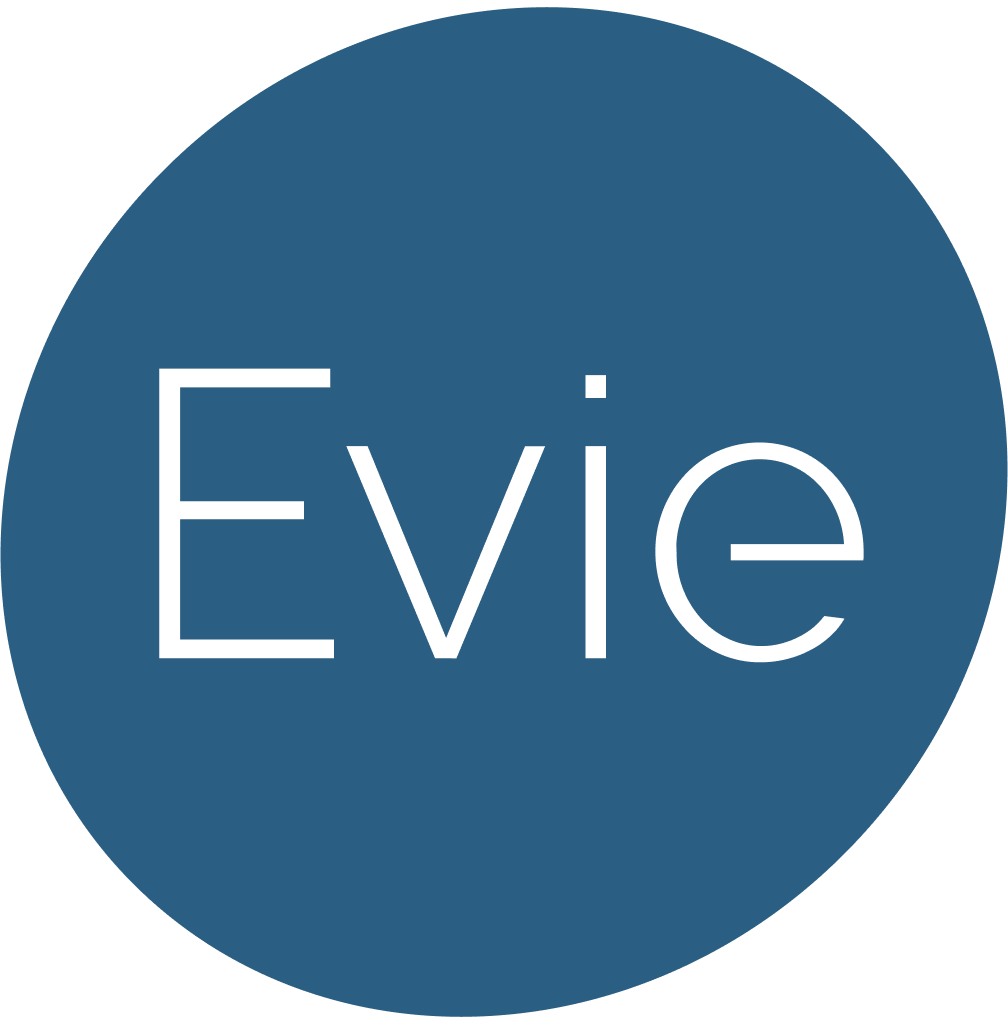Here’s a statistic that can keep recruiters up at night: the global talent shortage could reach 85.2 million people by 2030.
This has resulted in an ongoing war for talent—and in companies reevaluating their recruitment and hiring processes. What they’ve found is that a positive candidate experience can influence one’s decision to accept a job offer.
On the other hand, a negative experience has damaging effects.
In 2019, PwC surveyed 10,000 US-based respondents to find out “what job-seekers want”. One of the most striking findings was that 49% of job-seekers in fields with high demand, such as technology, have rejected an offer because of a bad candidate experience.
A negative candidate experience also harms the company’s reputation as most applicants will tell other people about it, either directly or through online reviews. This can discourage others from applying. Not only that, but 83% will never apply to the same company again if they didn’t like the hiring process.
There’s a real economic and opportunity cost here. An unfilled position translates into unrealized revenue, as well as more man-hours and costs for the recruitment team. It can also put a strain on human resources, specifically on the team that needs new talent.
Efficiency is no longer good enough. Recruitment must be both efficient and candidate-centric.
As it happens very early in the recruitment and hiring process, interview scheduling gives you the chance to make a good first impression on the candidate. This is important—changes in interview schedules were identified as a top source of frustration by 50% of job-seekers surveyed by Glassdoor.
So by making interview scheduling more organized, you’re improving the candidate’s experience. The logical conclusion would then be to automate this step, as it’s mostly tedious and routine work.
And in fact, HR teams today have a wide selection of interviewing scheduling automation tools that make the process more efficient.
There’s a catch, though - job applicants still prefer human interaction throughout the recruiting process, according to the PwC survey mentioned earlier. So to solve this dilemma, we’d need to combine automation with the human touch.
That means recruiters need an interview-scheduling solution that is not only efficient, but also candidate-centric.
A candidate-centric tool for interview scheduling would allow candidates to inquire about alternative interview times. The tool would respond to and facilitate these schedule negotiations in a human-like way. It would do so seamlessly, using email.
That’s why we built Evie.
How Evie makes interview scheduling a candidate-centric experience
Evie is an AI recruitment coordinator that carries out interview scheduling through email. To use it, recruiters need only to sign up online, and email a request to Evie to set an interview schedule. That’s how simple it is.
Here’s how Evie improves the candidate experience during the interview scheduling process.
- Evie keeps it conversational. Candidates want to interact with a person, not a disembodied entity. So we’ve trained Evie in natural language processing (NLP), allowing it to analyze and mimic human speech. By conversing naturally, it retains a warm, personal touch.
- Evie allows candidates to negotiate the schedule. An automated interview scheduling process does not have to be rigid. Evie allows candidates to suggest their preferred dates and times.
- Evie responds quickly. We know that candidates don’t like to be kept hanging. Once a candidate negotiates or confirms a schedule, Evie checks in with all involved parties and replies swiftly.
- Evie follows up regularly and sends reminders. The candidate may be busy or forget to reply. They will appreciate a regular but gentle reminder from Evie that you are keen on interviewing them.
By making the process of interview scheduling both more efficient and candidate-centric, Evie helps shorten the time it takes to hire while giving candidates a human-like experience. This is crucial in winning the war for talent.
Invest in automation to improve the candidate experience
It only takes a small investment to automate recruitment tasks. But it will reap rewards because, as we’ve seen above, the candidate experience directly affects recruitment results.
Even a routine task like interview scheduling can be an opportunity to enhance the candidate experience. With the right AI tools like Evie, you can retain this positive, human touch while at the same time optimizing the recruitment process.
Contact us for a demo of Evie’s interview scheduling prowess.

